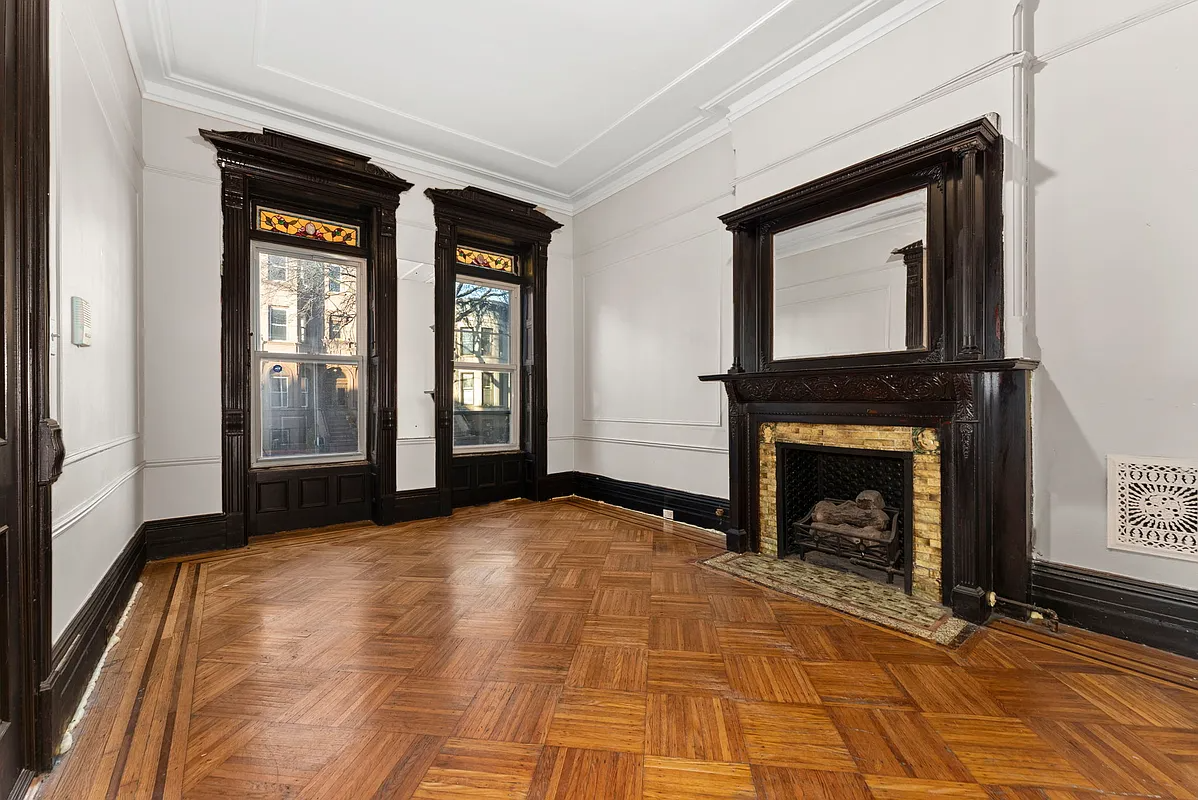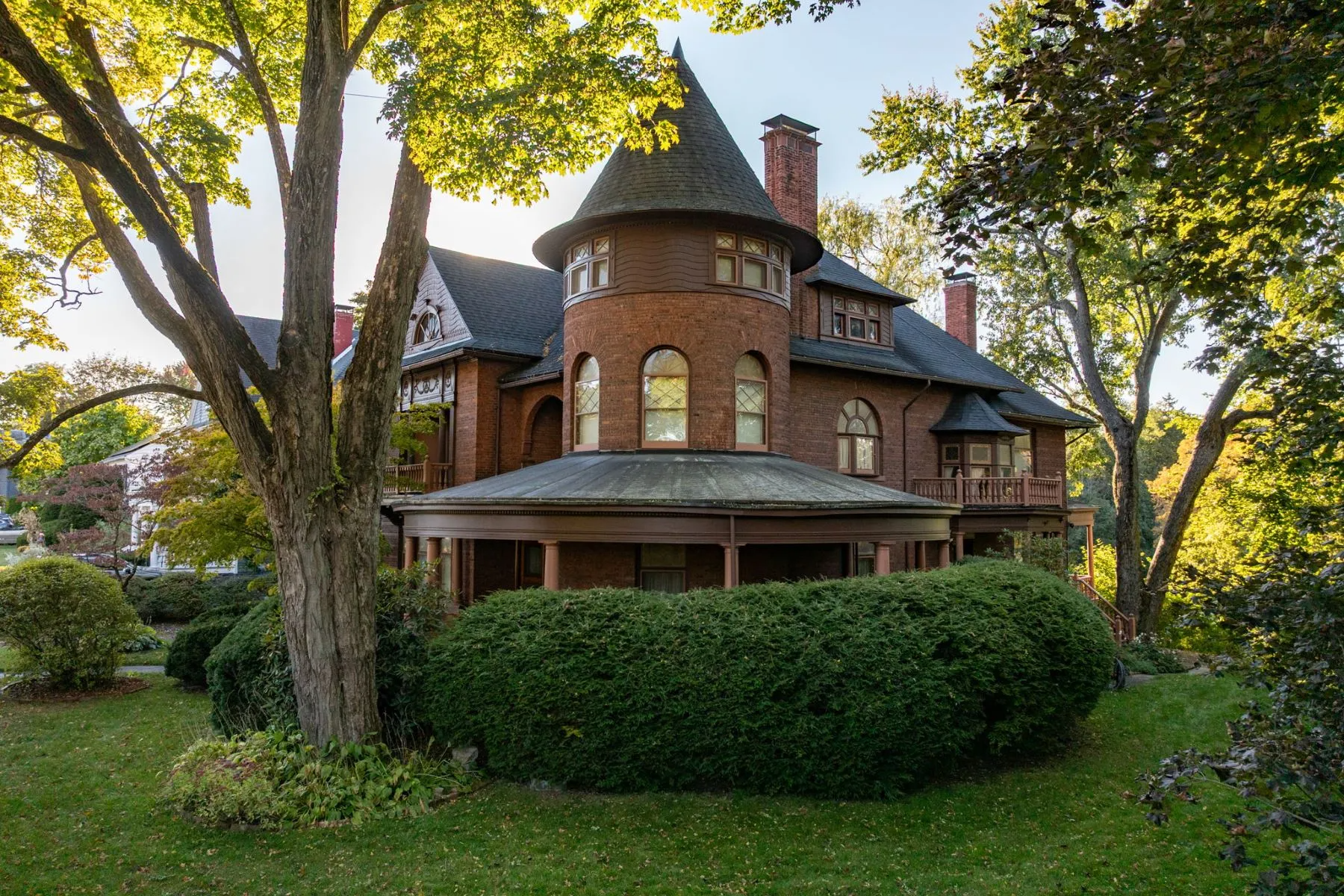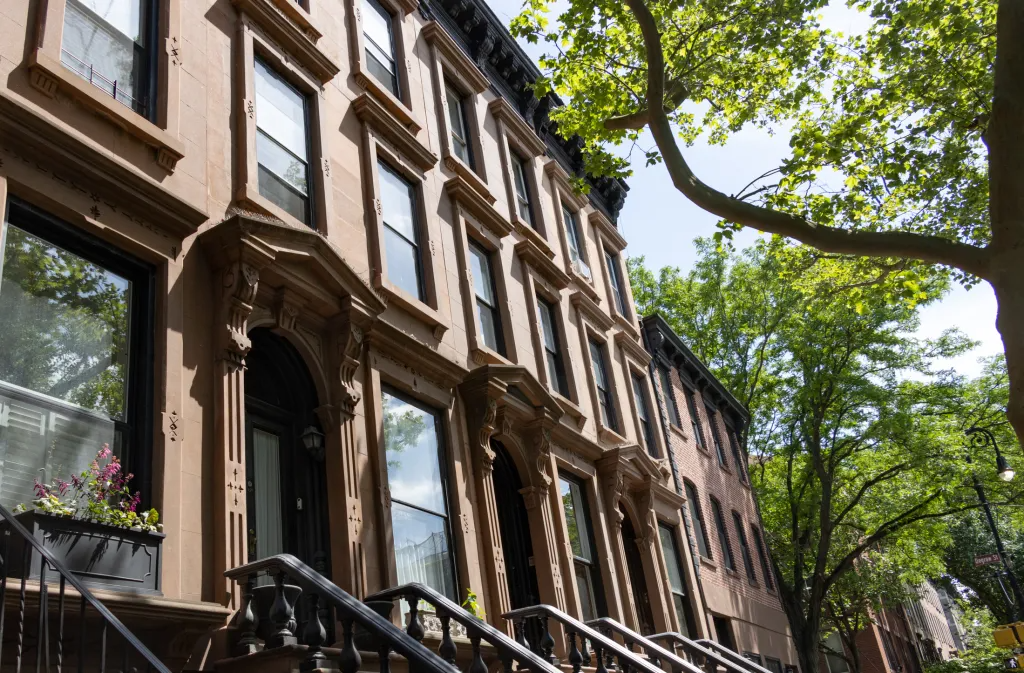Chicago Fed: Don't Blame Us for Housing Bubble
According to a report just released by the Chicago Fed, the rise in home ownership so starkly portrayed in the graph above is the result not of loose monetary policy but of changes in the mortgage industry that reduced the requirements for down payments and expanded the pool of buyers to include less credit-worthy buyers….


According to a report just released by the Chicago Fed, the rise in home ownership so starkly portrayed in the graph above is the result not of loose monetary policy but of changes in the mortgage industry that reduced the requirements for down payments and expanded the pool of buyers to include less credit-worthy buyers. Comment: We’d certainly agree with the latter two explanations but surely you can’t completely ignore the role of low absolute and real rates.
Chicago Fed on What Created Housing Bubble [Seeking Alpha]





Anon 10:57 AM
Re: fundamentals and Income Increases.
I would apply the same criteria to rents. How can rents be increasing if income is not? Income is increasing, albeit unequally. In the context of the past 20 years, the NYC economy is very strong right now.
“The fundamentals (employment, mortgage rates, crime rates, demographics) are better than they’ve been in fourty years. That drives long term value.”
Except for the most important one – income increases. Sorry, but without that, the other fundamentals can’t carry a market.
Besides, interest rates are low now and dropping – it hasn’t helped the market, nor will it, until prices drop.
Interest rates from 1940 to 2006 have fluctuated, yet ownership increased. This has mostly to due with the high liquidity of the US mortgage market through GSEs and financial engineering of mortgage backed securities as well as US government tax incentives.
“I have yet to speak to a real realtor (one in the business more than 5 years) and not a market pundit who has told me anything other than that they have never seen anything quite like this before.”
In the late 70s you had double digit mortgage rates, double diit unemployment rates, high crime rates, people fleeing the City and homeowners burning their homes for insurance. Today you have low mortgage rates, low crime rates, low unemployment rates and people looking to move to the City. Have had it with all the chicken littles. The fundamentals (employment, mortgage rates, crime rates, demographics) are better than they’ve been in fourty years. That drives long term value.
From the article mentioned above: Even with the increase, the foreclosure figure is still low by historical standards and thus not overly worrisome to lenders.
To answer the original question, the rate of foreclosures is up, but still at historically low levels.
http://www.usatoday.com/money/perfi/housing/2006-09-13-foreclosures_x.htm
One unmentioned fact is the flat or very slow growth of salaries/personal incomes. Expenses, housing, raw materials, gas, you name it has gone through the roof. Plus corporate profits are at an all time high, but the employers are not getting their fare share.
I am not talking about communism or given to the poor. I simply mean the increases in cost and profit margins have not filtered to the hands of the people who need to spend the money. Leading to higher debt and very risky financing.
Sorry for the confusion, anon2 – I was writing my post at the very minute you were posting yours, so I hadn’t even read your post. By “anon #2” I was referring to the second anonymous poster on this thread, at 9:57am (the first poster also went by “anonymous and I referred to him/her as “anon #1). This is why I liked having the sign-in better. Less confusion among all the anons.
And for the record, I agree completely with your post and did not find it snarky in the least. 🙂
“Housing market/ # of sales and rate of increase in prices was alway called unsustainable….so seems return to more typical markets are people are calling ‘mess’.”
Oh really? Point me to someone (not Robert Shiller or other contratrians) that was calling this unsustainable until late 2005. The media, the public and the real estate industry continued with “real estate in the best investment” and “real estate never goes down.” And don’t lie to yourself – if you bought in the recent years, you told yourself it was a great investment and that real estate only goes up.
It’s a mess – we are a country with more debt than ever before, and more people in debt (and at higher levels) than ever before. It’s not entirely the fault of an unsustainable housing boom, true, but credit/loose lending standards/low interest rates have contributed to people getting way too into real estate, many of whom had no business being involved in the first place.
Go ahead and tell yourself it’s a more typical market, but even industry people disagree – check out recent comments from Robert Toll, and that fact that builder confidence is at a 15 year low. I have yet to speak to a real realtor (one in the business more than 5 years) and not a market pundit who has told me anything other than that they have never seen anything quite like this before.